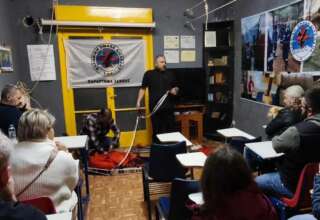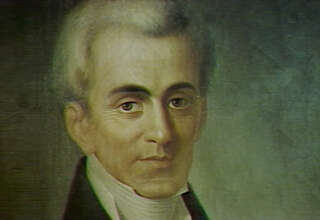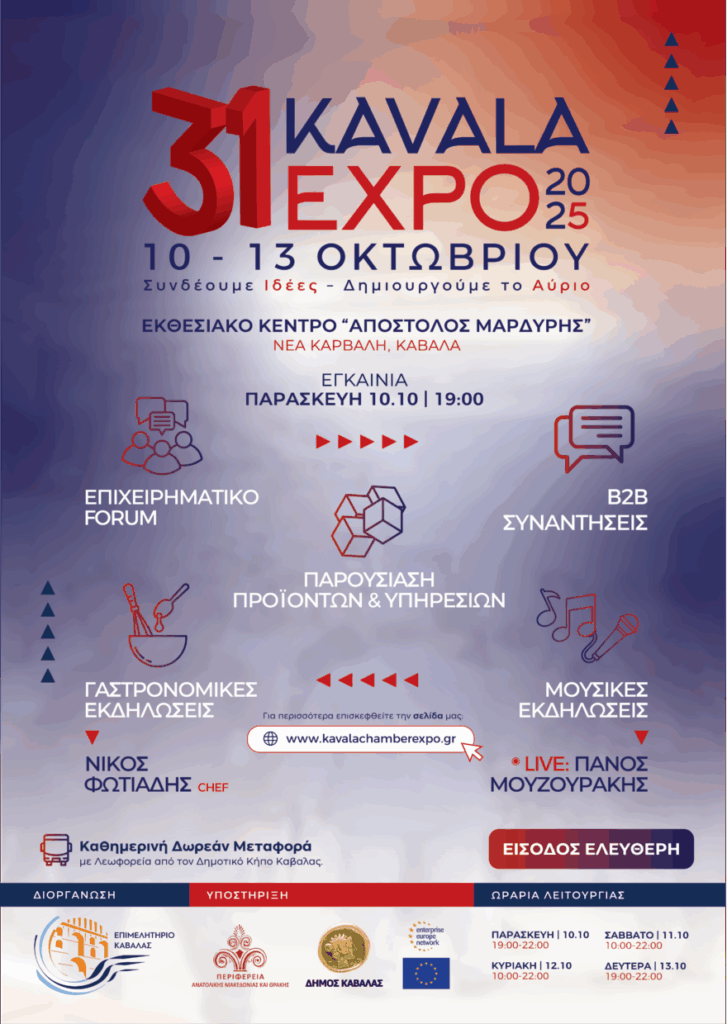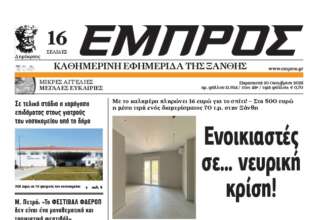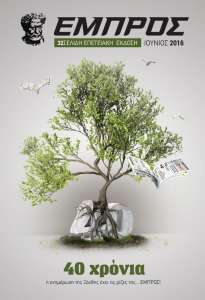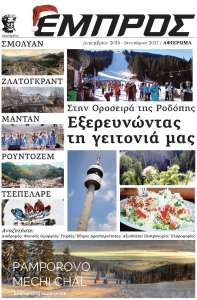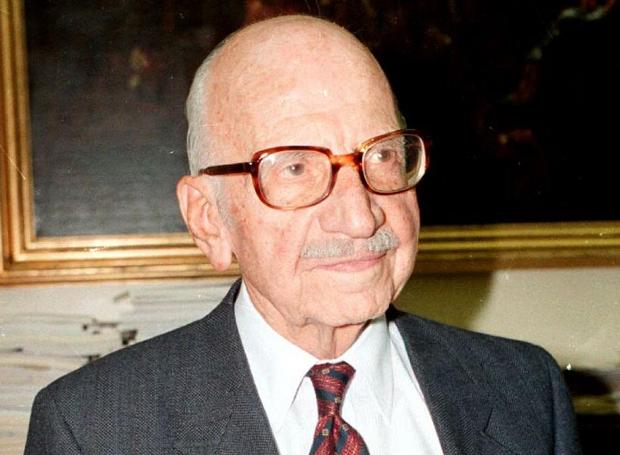
Ο πληροφορικός Θεόδωρος Α.Κατερινάκης, στο βιβλίο του “Ο ΛΟΓΟΣ ΣΤΗΝ ΟΙΚΟΝΟΜΙΑ” εκδ.Ι.ΣΙΔΕΡΗΣ, που είναι μια διατριβή στην προσωπικότητας του Έλληνα Σοφού, αναφέρει:
“Ο καθηγητής Ξενοφών Ζολώτας είναι, για την Ελλάδα, ό,τι για ολόκληρο τον κόσμο είναι οι καθηγητές κάτοχοι βραβείου Νόμπελ, ο καθηγητής John Kenneth Galbraith, ο καθηγητής Milton Friedman κλπ, το ελληνικό αντίστοιχο σε βαθμό επίδρασης του John Maynard Keynes ή του Adam Smith. Αντιπροσωπεύει τη ζωντανή οικονομική και πολιτική ιστορία της Ελλάδας (καθηγητής Οικονομικών από το 1928!) και μία από τις πιο διακεκριμένες προσωπικότητες στη διεθνή κοινότητα. Είχε την εξουσία και αρμοδιότητα να διευθύνει (χειριστεί) “ό,τι όλοι οι υπόλοιποι διαβάζουν στα βιβλία” για περισσότερα από πενήντα χρόνια.”
To 1920, ο νεαρός Ξενοφών γράφτηκε στη Νομική Αθηνών και παράλληλα συνέχισε τις σπουδές του στη Λειψία της Γερμανίας, απ όπου αποφοίτησε το 1926 με την πρωτοποριακή διδακτορική διατριβή και θέμα “Η Ελλάδα στο στάδιο της Εκβιομηχανοποιήσεως”. Ταυτόχρονα, παρακολούθησε μεταπτυχιακά μαθήματα Οικονομικών στο Πανεπιστήμιο των Παρισίων και στα επόμενα χρόνια στο London School of Economics & Political Sciences. Μετά τις σπουδές του, με πρόταση του Ελευθερίου Βενιζέλου και την αναγνώριση του μεγέθους των επιστημονικών γνώσεων, τόσο στην Ελλάδα, όσο και στο εξωτερικό, ανακηρύσσεται καθηγητής στο Πανεπιστήμιο Θεσσαλονίκης. Από το 1931 έως το 1968 διδάσκει Πολιτική Οικονομία στη Νομική Σχολή του Πανεπιστημίου Αθηνών.
Η επιστημονική συγγραφική του δραστηριότητα ξεπέρασε τα όρια της πατρίδας και αναγνωρίστηκε παγκοσμίως για την προσφορά του στην επιστήμη. Παράλληλα, στις Γενικές Συνελεύσεις του ΟΗΕ προέβαλε προτάσεις για θέματα Οικονομικού Προγραμματισμού και Ανάπτυξης. Το 1960 ορίστηκε μέλος της επιτροπής των “τεσσάρων σοφών”, που επεξεργάστηκε το νέο καταστατικό χάρτη του ΟΟΣΑ.
Ο καθηγητής Ζολώτας, μετά το τέλος του Β΄Παγκοσμίου Πολέμου, συμμετέχει στην Ιδρυτική Συνέλευση του Διεθνούς Νομισματικού Ταμείου και της Διεθνούς Τράπεζας. Η Ελληνική Εθνική Σκέψη τον οδήγησε να εκφωνήσει δύο λόγους στην αγγλική γλώσσα (26/9/1957 και 2/10/1959), χρησιμοποιώντας ελληνικές πολιτογραφημένες λέξεις, που αποτελούν μνημείο της οικουμενικότητας της Ελληνικής Γλώσσας.
Ο Ξενοφών Ζολώτας διοίκησε την Τράπεζα της Ελλάδος από το 1944 μέχρι το 1981, κατά μεγάλα χρονικά διαστήματα. Το 1981 ονομάστηκε επίτιμος Διοικητής.
Και όμως συνέβη και το εξής παράδοξο: Η Παγκόσμια προσωπικότητα σύρθηκε στα πεζοδρόμια από ένα τυχαίο εργατικό ατύχημα, για το οποίο θεωρήθηκε υπεύθυνος. Έγινε μία από τις μεγάλες απεργίες, στην οποία οι απεργοί έπαιρναν το μισθό τους από το υφιστάμενο αποθεματικό του Συλλόγου, χωρίς ποτέ να ακουστεί ένα τυπικό συγγνώμη.
ΙΩΑΚΕΙΜ ΜΑΒΟΓΛΟΥ
Συνταξιούχος Τ.Ε. ετών 91
Η ιστορική ομιλία που είχε κάνει στις 26 Σεπτεμβρίου 1957 στη συνεδρίαση του ΔΝΤ
«Kyrie, I eulogize the archons of the Panethnic Numismatic Thesaurus and the Ecumenical Trapeza for the orthodoxy of their axioms, methods and policies, although there is an episode of cacophony of the Trapeza with Hellas.
With enthusiasm we dialogue and synagonize at the synods of our didymous Organizations in which polymorphous economic ideas and dogmas are analyzed and synthesized. Our critical problems such as the numismatic plethora generate some agony and melancholy.
This phenomenon is characteristic of our epoch. But, to my thesis, we have the dynamism to program therapeutic practices as a prophylaxis from chaos and catastrophe. In parallel, a panethnic unhypocritical economic synergy and harmonization in a democratic climate is basic. I apologize for my eccentric monologue. I emphasize my eucharistia to you Kyrie, to the eugenic and generous American Ethnos and to the organizers and protagonists of this Amphictyony and the gastronomic symposia».
Η ομιλία του στις 2 Οκτωβρίου 1959 στην Ουάσιγκτον
“Kyrie, It is Zeus’ anathema on our epoch for the dynamism of our economies and the heresy of our economic methods and policies that we should agonise between the Scylla of numismatic plethora and the Charybdis of economic anaemia. It is not my idiosyncrasy to be ironic or sarcastic but my diagnosis would be that politicians are rather cryptoplethorists. Although they emphatically stigmatize numismatic plethora, energize it through their tactics and practices.
Our policies have to be based more on economic and less on political criteria.Our gnomon has to be a metron between political, strategic and philanthropic scopes. Political magic has always been antieconomic. In an epoch characterised by monopolies, oligopolies, menopsonies, monopolistic antagonism and polymorphous inelasticities, our policies have to be more orthological. But this should not be metamorphosed into plethorophobia which is endemic among academic economists. Numismatic symmetry should not antagonize economic acme. A greater harmonization between the practices of the economic and numismatic archons is basic.
Parallel to this, we have to synchronize and harmonize more and more our economic and numismatic policies panethnically.
These scopes are more practical now, when the prognostics of the political and economic barometer are halcyonic. The history of our didymous organisations in this sphere has been didactic and their gnostic practices will always be a tonic to the polyonymous and idiomorphous ethnical economics.
The genesis of the programmed organisations will dynamize these policies. I sympathise, therefore, with the aposties and the hierarchy of our organisations in their zeal to programme orthodox economic and numismatic policies, although I have some logomachy with them. I apologize for having tyrannized you with my hellenic phraseology. In my epilogue, I emphasize my eulogy to the philoxenous autochthons of this cosmopolitan metropolis and my encomium to you, Kyrie, and the stenographers”.



